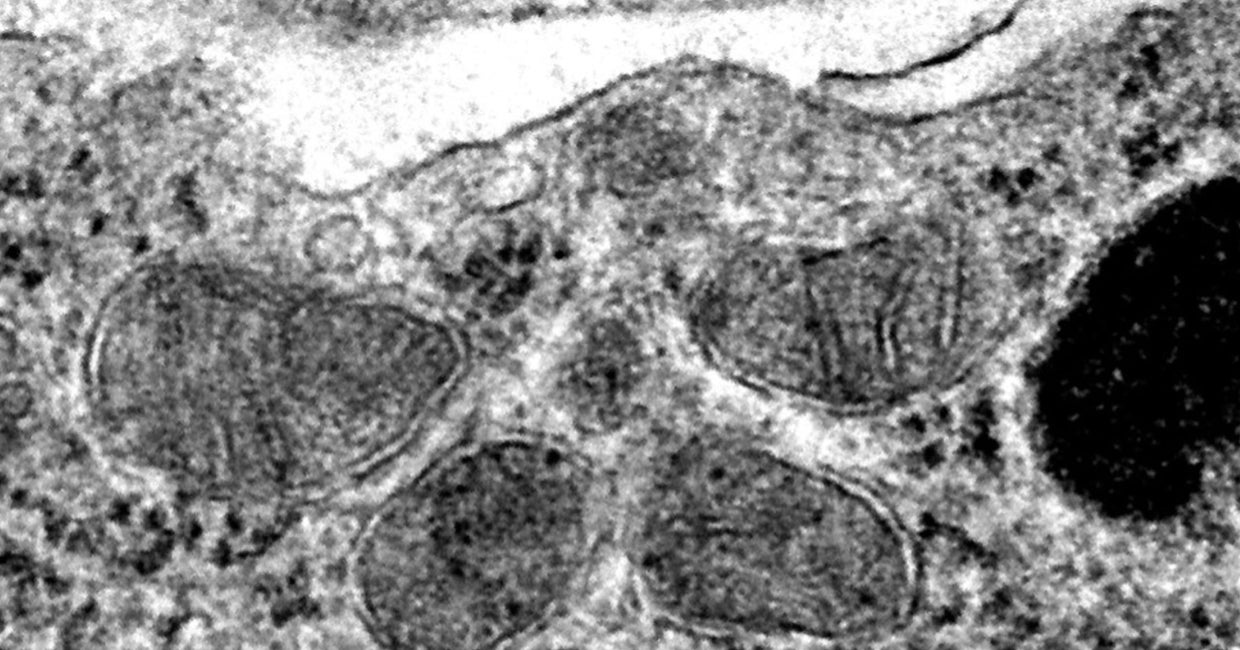Breakthrough Discovery Reveals How Connection Between Mitochondrial Vulnerability and Neurovasculature Function Impacts Neuropsychiatric Disease

In a new study led by the University of Pennsylvania School of Veterinary Medicine (Penn Vet) and Children’s Hospital of Philadelphia (CHOP), researchers found that mitochondrial dysfunction in the blood-brain barrier (BBB) may lead to neuropsychiatric disease in some patients with 22qDS. The researchers also demonstrated that a class of FDA-approved cholesterol drugs could potentially be repurposed to treat this dysfunction. These encouraging findings were published today in the journal Science Translational Medicine.
The BBB is a specialized vascular system that separates the brain from the rest of the body. Maintenance of the BBB is fundamental for optimal brain function, and BBB impairments have been linked to multiple neurological disorders, ranging from autism and schizophrenia to neurodegenerative conditions including multiple sclerosis and Alzheimer’s disease.
One notable feature of the BBB is the elevated mitochondrial content compared with peripheral endothelial cells, which form the inner lining of blood vessels. While mitochondrial dysfunction has been associated with neurodevelopmental and neurodegenerative disorders, little is known about its role in the BBB. To explore this in greater detail, researchers decided to focus on 22qDS, also known as DiGeorge syndrome. This genetic condition, involving six mitochondrial genes, raises the risk for neurodevelopmental and neurodegenerative diseases. Patients have a 25-fold increased risk of developing psychosis, and one in four individuals with this syndrome develop schizophrenia.
CHOP has the world’s largest clinic dedicated to the care of children, adolescents and some adults with 22qDS, and a dedicated team of researchers at Penn and CHOP studies the condition as a window into the deeper mysteries of neurodevelopmental disease.
“We previously established that the BBB is compromised in 22qDS, indicating that the crosstalk between the brain and the periphery can be affected,” says co-senior study author Jorge Iván Alvarez, PhD, an associate professor of pathobiology at Penn Vet. “With these findings in mind, we addressed the hypothesis that mitochondrial deficits contribute to BBB dysfunction in 22qDS.”
